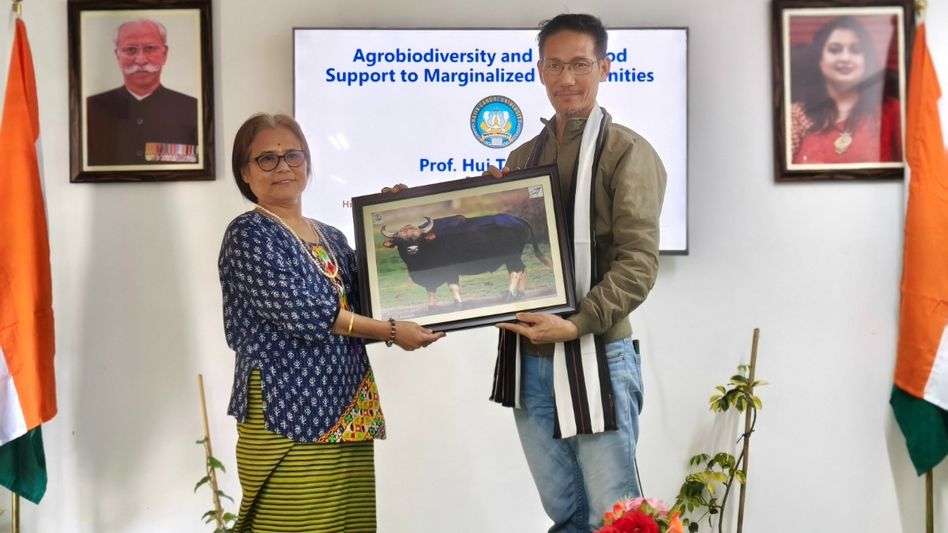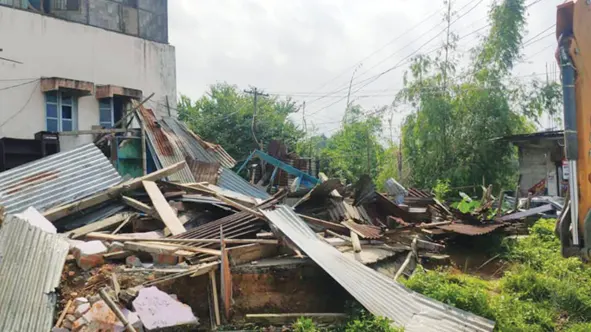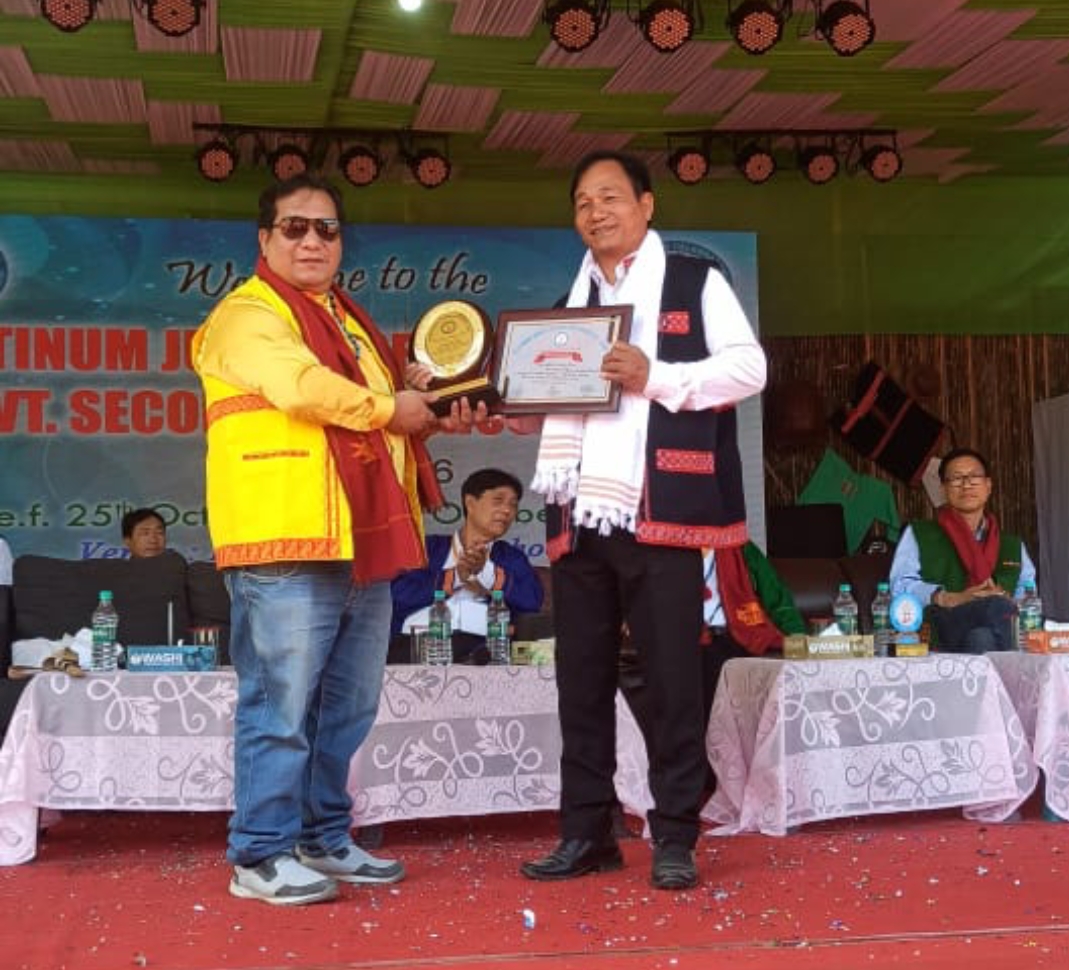Arunachal Pradesh wrapped up a three-day initiative aimed at safeguarding its rich natural heritage while equipping local communities with the skills to manage it effectively. Held from March 5 to 7, this pilot capacity-building program brought together experts and residents to strengthen biodiversity conservation efforts across the state.
A Focus on Conservation and Community Skills
The event, organized by the Arunachal Pradesh Biodiversity Board (APBB) in partnership with several environmental agencies, took place at the Zoological Survey of India (ZSI) conference hall in Itanagar. Around 40 participants from various districts joined the training, which centered on putting the Biological Diversity Act of 2002 into action. This law is designed to protect India’s natural resources, and the program sought to teach local Biodiversity Management Committees (BMCs) how to implement it practically.
The training blended classroom discussions with field visits, offering hands-on learning about preserving the state’s diverse plants and animals. Experts shared insights on managing natural resources sustainably, showing how this can support Arunachal Pradesh’s economy while securing its ecological future.
Expert Guidance for a Greener Tomorrow
The program kicked off with an opening session led by respected specialists, including Dr. K.A. Ahmed Kabeer from the Botanical Survey of India, Dr. Devendra Kumar from the G.B. Pant National Institute of Himalayan Environment, Dr. S.D. Gurumayum from ZSI Itanagar, and Dr. Bamin Yakang from the APBB. Other notable contributors, like Dr. Krishna Chowlu and Dr. Tridip Kumar Dutta, enriched the discussions with their expertise.
Participants explored topics such as citizen science—where everyday people help gather environmental data—along with biodiversity restoration, insect studies, and ways to support rural livelihoods through farming diversity. The sessions also emphasized the value of native species, traditional knowledge, and medicinal plants, while tackling challenges like human-wildlife conflicts.
Empowering Locals to Protect Their Land
Arunachal Pradesh is known for its stunning landscapes and incredible variety of wildlife, but preserving this treasure requires teamwork. The program highlighted the critical role of local communities in conservation, teaching them how to balance human needs with nature’s health. By enhancing their skills, the initiative aims to create a network of informed stewards who can protect the region’s biodiversity for generations to come.
Field trips during the training gave participants a chance to see conservation in action, reinforcing the lessons learned indoors. This practical approach ensured that the knowledge shared wasn’t just theoretical but something attendees could use in their own villages and districts.
A Collaborative Push for Sustainability
The event was a joint effort backed by the Ministry of Environment, Forests and Climate Change, the Environmental Information Awareness Capacity Building and Livelihood Programme (EIACP) Centre on Biodiversity, ZSI Kolkata, and the Arunachal Pradesh Regional Centre of ZSI Itanagar. This collaboration reflects a united commitment to safeguarding the state’s natural wealth while uplifting its people.
By focusing on both protection and skill-building, the program sets a hopeful tone for Arunachal Pradesh’s environmental future. It’s a small but meaningful step toward ensuring that the state’s forests, rivers, and wildlife thrive alongside the communities that call it home.




















